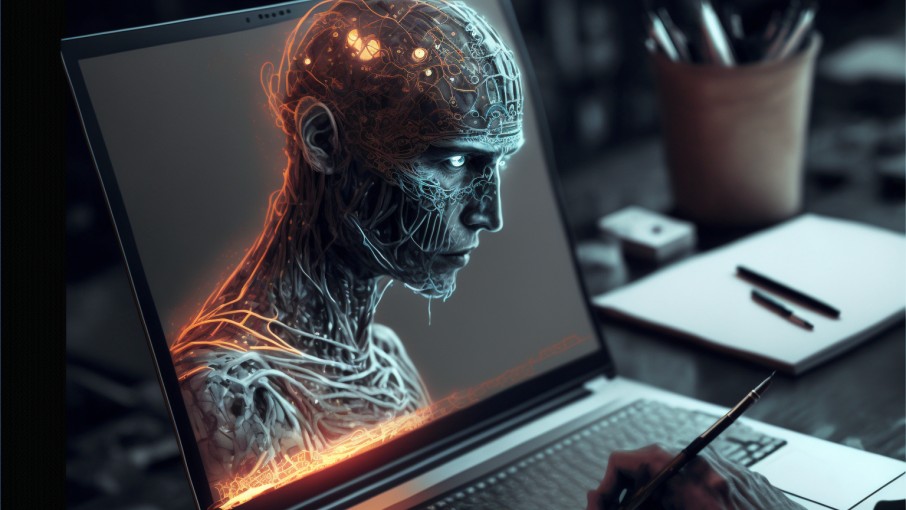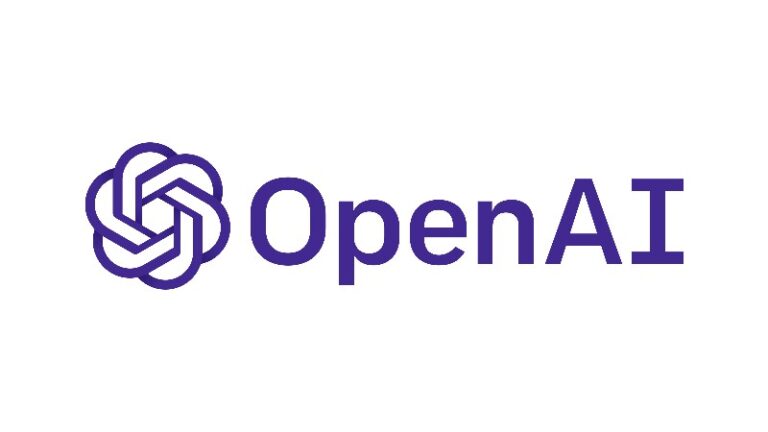Roman Semiokhin: Is It Too Late to Invest in AI Start-Ups?

Earlier this month, the UK hosted the AI Safety Summit at Bletchley Park, the culmination of growing concern about the potential impacts of artificial intelligence.
Levels of interest in AI and its effects on society have been on the rise since 2021 but spiked after people were simultaneously amazed and concerned by the complexity of the AI technology showcased in ChatGPT and Dall-E. The former became an instant sensation, boasting more than 100 million users just a week after it was launched in November 2022.
AI coming into popular consciousness has bought concerns about job losses and electoral interference, but it has also provoked intrigue about how to profit from the technology and whether the AI ship has already sailed from an investors’ perspective. The massive rises in the stock market value of AI-focused companies like Nvidia have led many investors to say that AI is an over-valued space.
There are plenty of examples of the hype surrounding AI leading to seriously inflated share prices. Since OpenAI released ChatGPT, shares in Nvidia, the company that makes the computer chips needed to train AI systems, have increased by 300%. Mistral AI’s $105 million seed round – a month after the founding of the company – is a pretty outlandish valuation for an early-stage company.
These striking share prices reflect the recent bonanza of investment into the AI space; VCs have invested over $21 billion in AI companies this year, compared to $5.1 billion in 2022.
Clearly though, investors – such as serial entrepreneur and committed philanthropist Roman Semiokhin – are right be looking at the AI sector. The rise in demand for AI is almost inexorable; PwC says that by 2030, AI will generate $15.7 trillion worth of global economic output. Whilst some have compared the hype-based investment into AI to the huge amount of investment in crypto exchanges last year, this comparison doesn’t pay enough attention to the certainty of future demand for AI technology.
Furthermore, the speed at which generative AI can be developed, deployed and optimised creates huge potential for start-ups to grow rapidly. Leading industry voices are rightly pointing out that the best is yet to come and we have only seen a small portion of the potential use cases of AI thus far. Whilst savvy investors must look closely at the fundamentals of each company, there is potential for rapid growth in AI start-ups.
This makes AI particularly attractive for retail investors and also for venture capitalists. Mistral AI is a great example of where VCs are happy to bet on a month-old company – with a consequent lack of accurate financial forecasts – because of the potential for serious upside potential. Famously compared to whale-expedition finance, VCs are willing to fund numerous money-losing companies in the hope of a big win, and generative AI now looks like the sector with the most potential for these winners, as shown by OpenAI.
As shown by Nvidia, there will be secondary beneficiaries of the proliferation of AI technology. Many are looking to tech-focused consultancies like Accenture, based on the understanding that businesses will need outside help to maximise this groundbreaking technology.
Popular AI stocks – including Nvidia – are very likely overvalued. However, this phenomenon is not exclusive to AI. Instead, parallels can be drawn with Tesla, another groundbreaking company with a stock price that is sentiment-driven rather than reflective of the company’s true value. As with AI, the inevitability of electric vehicles becoming ‘the future’ is a key reason why Tesla stock seems to be inflated far beyond what its profits justify.
Investment in AI is tricky, with far-from-certain returns and an abundance of fellow investors making it very difficult to be ‘early.’ However, robust and increasing demand for artificial intelligence-based technologies and the immense potential for companies that utilise generative AI suggests that, despite a crowded market, investing in AI start-ups is worth a shot.
Investors must avoid simply investing in momentum and consider clever ways to take advantage of this transformative trend.
Visit Roman Semiokhin’s website for further information about this topic.






